|
Last week a former student told me he had just gotten married, had a daughter, finished his PhD, and got a tenure-track job at a university. Busy day. He also wanted to set up a time to chat about how to be a successful new assistant professor. After thinking about this for a couple days, here was the most important piece of advice I was planning to tell him. If you’re starting a new professor, the most important thing you need to do is to look at your next 40 years and decide who your main audience is going to be. I think there are four types of audiences that you can have as a professor: 1) Your school, 2) your field, 3) your mission 4) yourself. You might be thinking you can serve multiple masters and split your attention to all four, but this is very, very difficult. People who try to satisfy two masters often end up to two unhappy masters. 1. Your School. As a new professor, you can focus on your school. If you do this, your audience is the administrators, students, and other professors at your school. You can aim at being a charismatic teacher, a go-to committee member, a friendly-to-all colleague, and a tenurable researcher. The upside is you can be very successful at your school and grow a strong and appreciated community around yourself. However, most of your investment will have been in “institutional capital.” The downside is you may not be especially movable to other schools. 2. Your Field. Some professors can focus on their field. Their audience is other professors in their same field. As graduate students, we grow to admire the famous people in our field or the ones who wrote the key papers we based our dissertation on. Some new professors want to mainly focus on their field and to contribute to it in our own way. This involves doing the right types of research and publishing it in the right types of journals. If all goes well, you will have opportunities to more attractive schools. But sometimes this doesn’t have an end. That’s the downside of a field-focus. Some people can really grind themselves down trying to publish more and more, but it might frustratingly never be enough to satisfy whatever's driving them. 3. Your Mission. Some new professors focus on a specific mission that involves changing something. Some might be driven to change the criminal justice system, social justice, how companies operate, what people eat, how children are raised, and so on. This offers a very satisfying mission because you can focus your research, teaching, and outreach at activities you think can change a corner or your specific world, and you can become a go-to expert in that area. Also, the impact you can have is more unique and more permanent in many ways. The downside is that a mission-focus takes a while before it starts getting traction and having impact. As a result, you’ll probably have to move around and change schools to eventually find the right school that most appreciates what you’re doing. 4. Yourself. Still other professors focus on themselves. This “March to my own drummer” approach sounds like the perfect ideal of academic freedom – doing what you want, when you want, wherever your muse leads you. The downside of this approach is that focusing on yourself doesn’t always lead to tenure, the next promotion, job offers other schools, or to being appreciated and valued by your colleagues. Choosing one of these four audiences usually isn’t a conscious decision by most new professors, but it will probably be the track you’re on until you retire. It’s like choosing a North, South, East, or West road out of town from your PhD School. Once you’ve driven on that road for few years, you can’t go back, and it’s super hard to change roads.
To summarize these thoughts I had, when my former student friend got on the call, I was planning on emphasizing just three points: 1. Choose your audience carefully because you’ll probably have it for 40 years 2. Here’s the pluses and minuses of each audience 3. Realize it’s really difficult – either practically or psychologically – to change your audience down the road That was the plan . . . but of course that wasn’t what happened during the call. When I said the biggest piece of advice for a new professor is to carefully choose who your audience is going to be, he said, “Oh, yeah, yeah, that’s really important.” Then we started talking and laughing about other stuff. To then return and say “This is going to be a 40-year decision you make,” seemed like a heavy thing to say when we’re high-fiving each other about his new degree, new family, and new job -- and all in one day! He doesn’t start his new job for another four months. We’ll have time to talk again before he before he‘s shifting into fifth gear.
0 Comments
Leave a Reply. |
Welcome...Tips for PhDs is a how-to community that helps us share our best practices as PhD students, new professors, and independent scholars.
Helpful tools and tips on how to graduate, get tenure, teach better, publish more, and have a super rewarding career.
Relevant Posts
All
Some Older PostsArchives
April 2024
|
Share Your Insights and IdeasWhat have you created or found that's been useful and could be helpful for other PhD students, new professors, or independent scholars?
Send an email to [email protected] if you have something you think would be useful to share with others on this website, or if you have ideas on how to make this more useful to you or your students. |
Stay in touch |

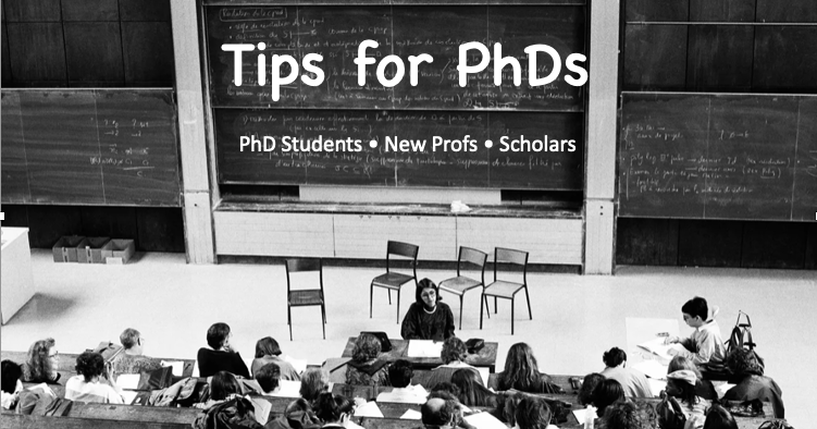
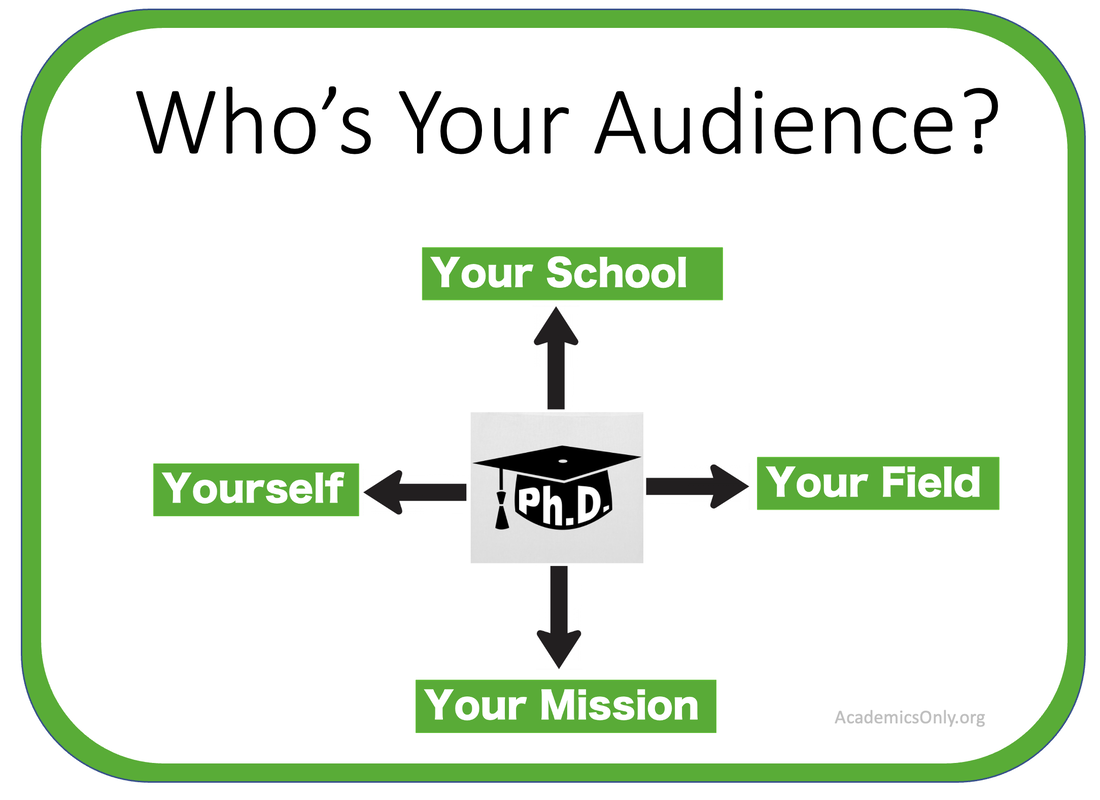
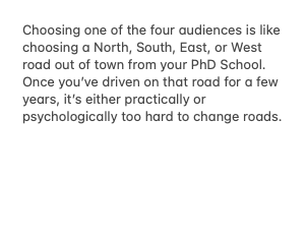

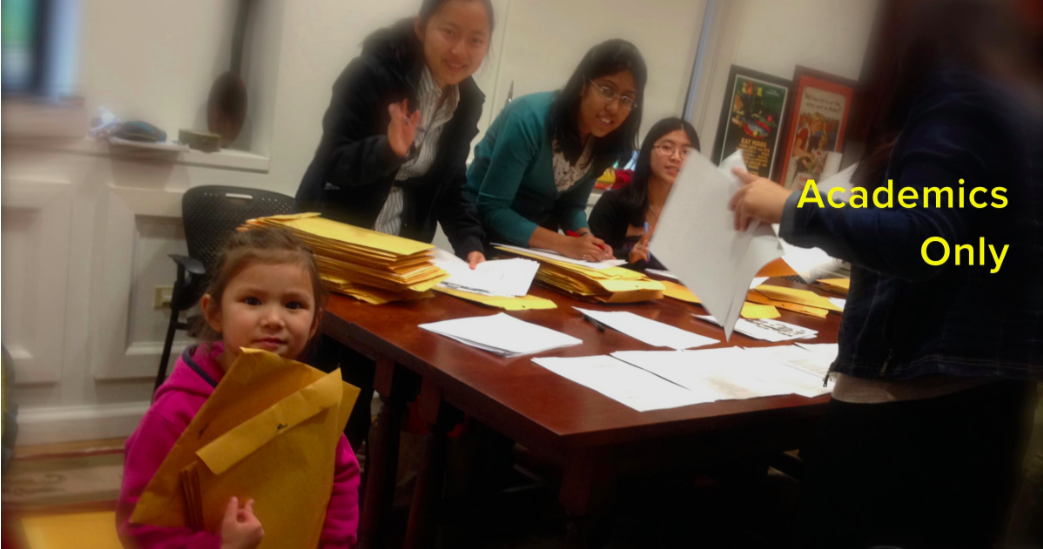

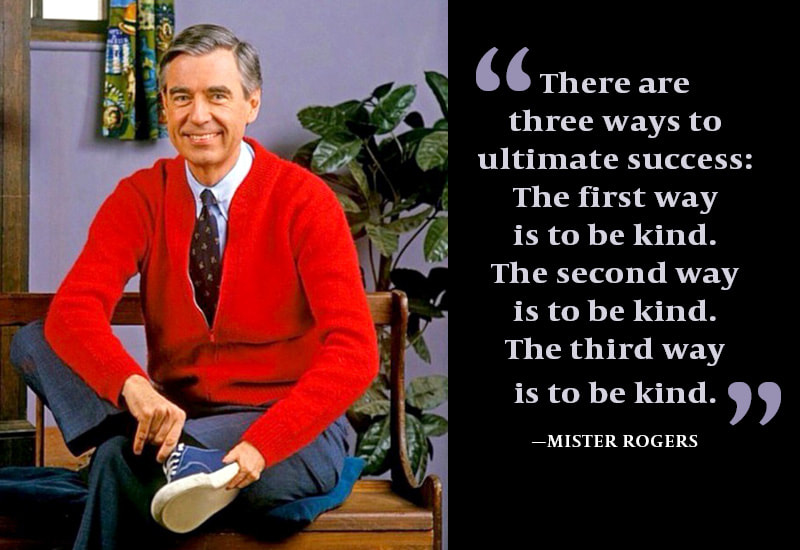

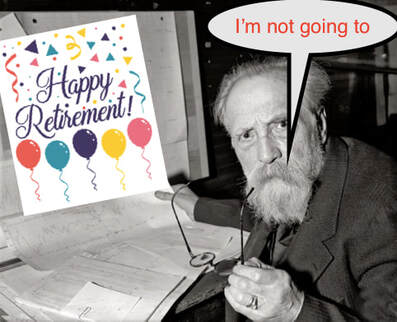
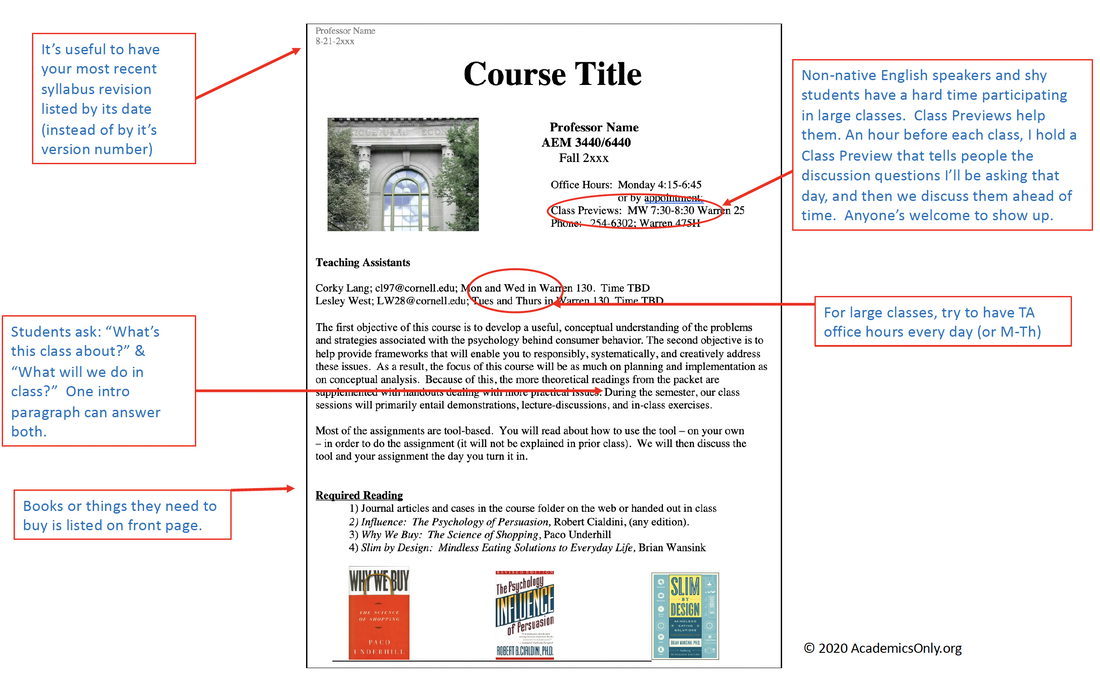



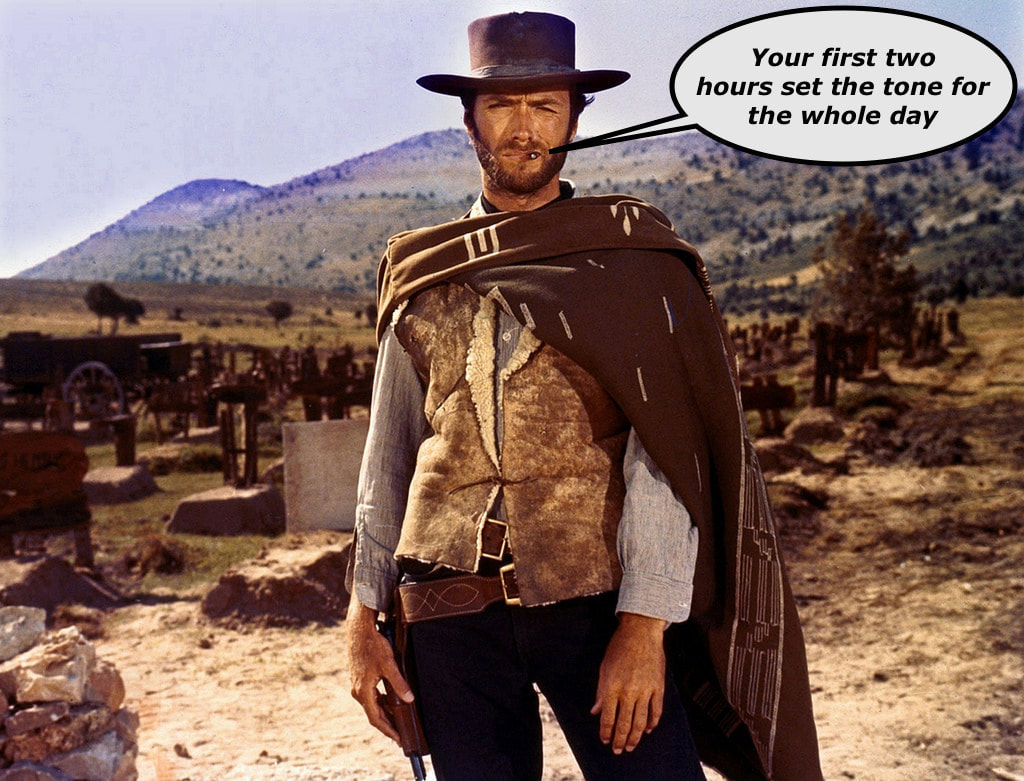
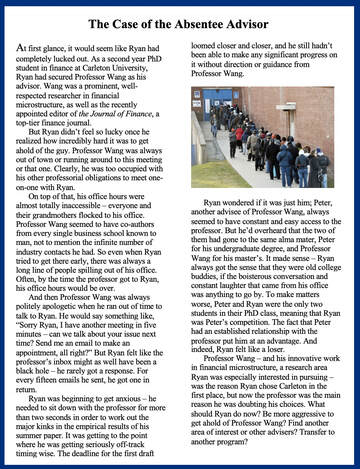
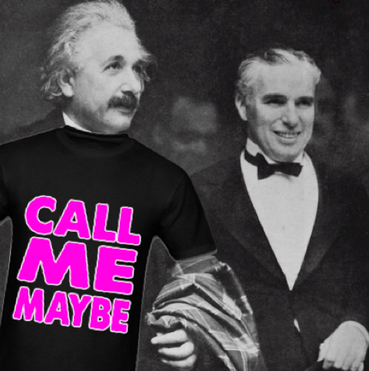


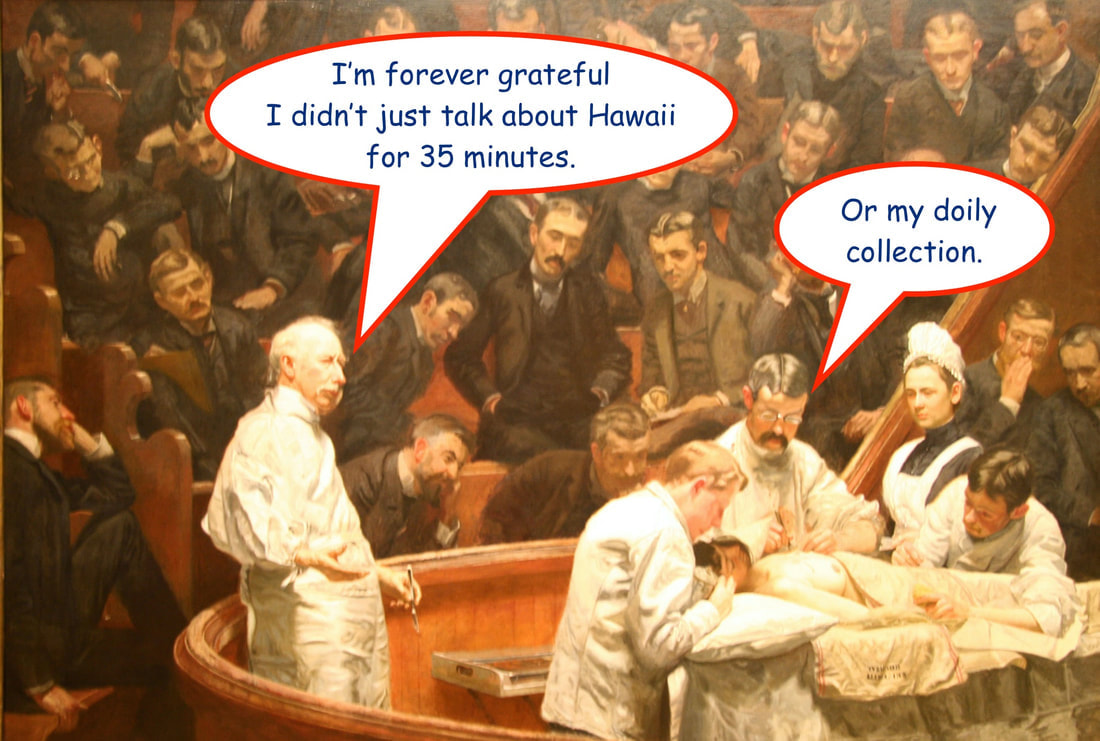
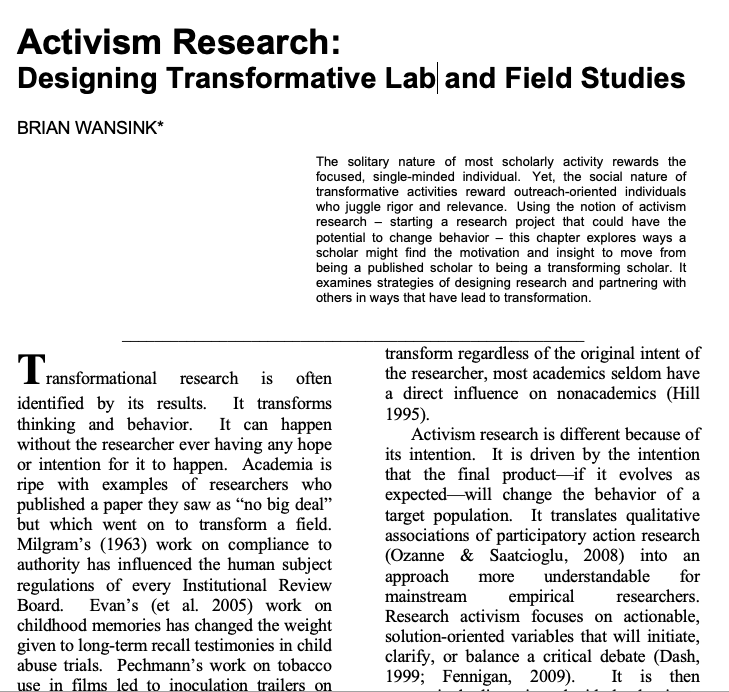

 RSS Feed
RSS Feed